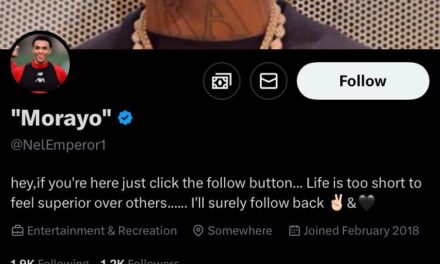A man narrated an experience at a supermarket where someone begged him to help buy bread and tea, but after he agreed, the person went on to pack two crates of eggs, a large tin of tea, semo, and a big groundnut oil—essentially shopping for an entire household. He had to tell the person to return the items, and while many found humor in the story, some comments crossed the line.
One particularly insensitive response read: “E no go pass Lagos beggars… they will be the one to tell you how much you will give them.” This unfairly stereotypes all Lagos beggars as entitled or manipulative. Such generalizations dehumanize struggling people who genuinely need help. Poverty shouldn’t be mocked or used as a punchline; empathy and understanding should guide conversations about hardship.







